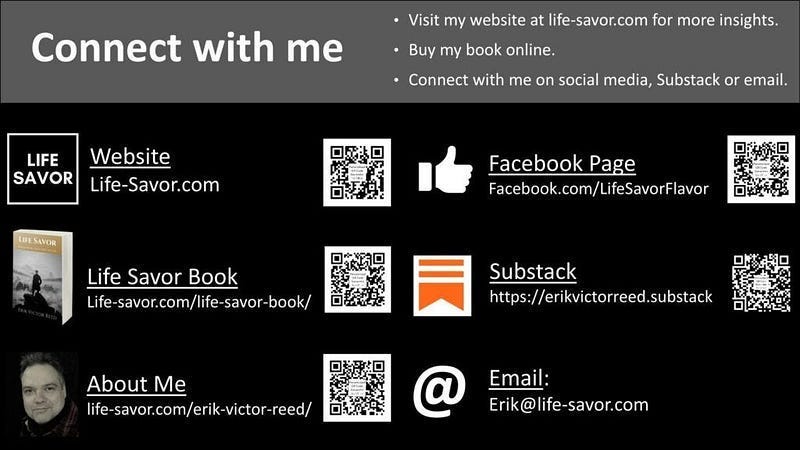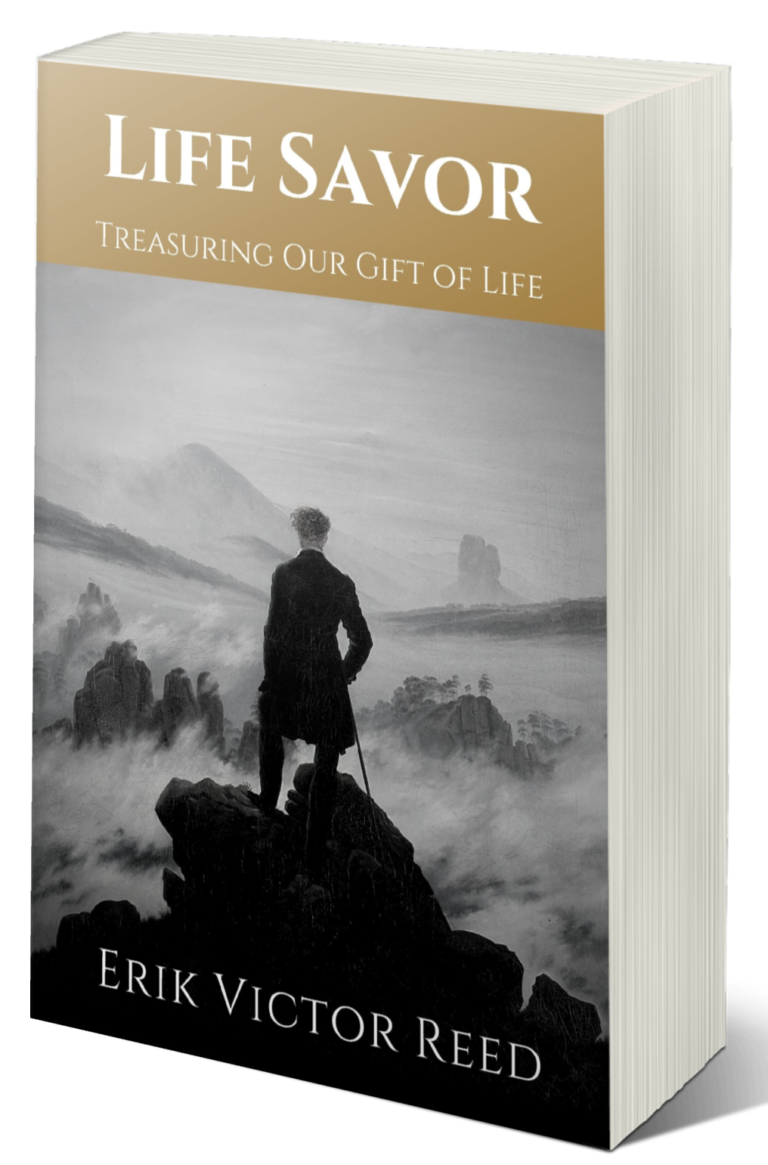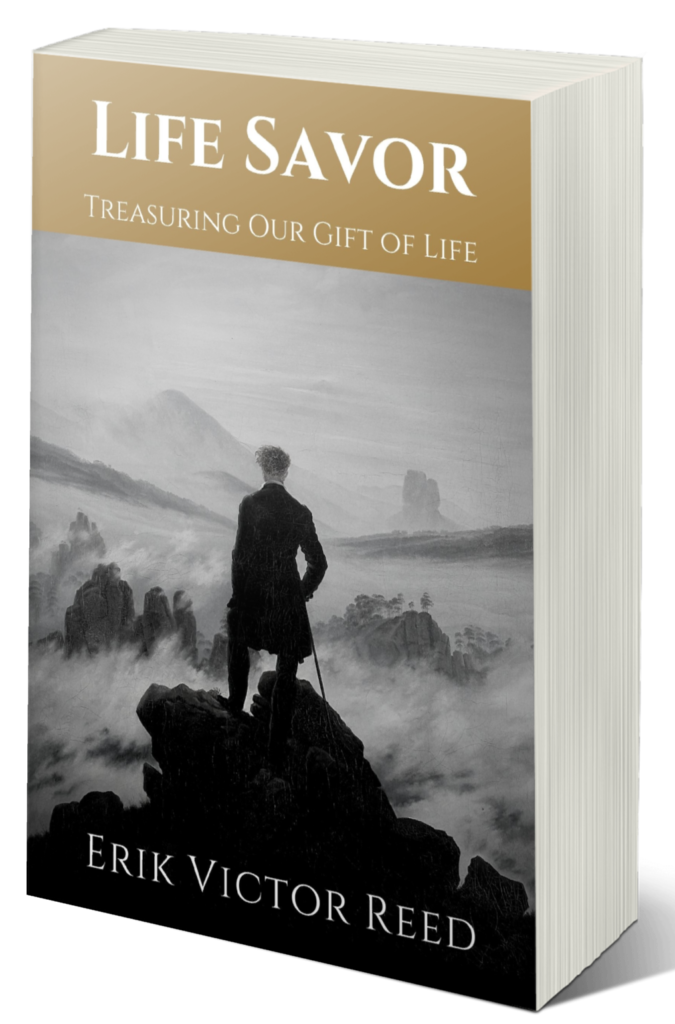Why emotion is not weakness, but proof of meaning
The Weight We Carry
To live is to feel. To ache, to delight, to grieve, to rage, to wonder.
Our emotions are not intrusions into life — they are life. They are life expressing itself in us.
And yet, so often, we treat them as embarrassments. We try to suppress sorrow, disguise anger, airbrush despair with platitudes. We equate emotional honesty with weakness.
But the truth is the opposite. To feel deeply is not weakness. It is dignity. It is evidence that life matters to us enough to move us.
Why We Fear Emotion
Part of the fear is cultural. We’re told to “toughen up,” to stay positive, to keep smiling. A society obsessed with manliness sees emotion as fragility.
Part of the fear is personal. Feeling fully can hurt. It opens us to vulnerability, to risks of loss and disappointment. No wonder we sometimes envy the stoic (or even the psychopath) who seems untouched.
But invulnerability is not a human triumph. It is a human tragedy. When we callus ourselves against sentiment, we risk losing meaning altogether.
Sentiment is Good. It Means We’re Alive and Fully Human.
Marcel Proust offered this reminder: “We are healed of a suffering only by experiencing it to the full.” To shut down pain is to sabotage healing.
Raphael Cushnir echoed: “Emotions don’t need to be felt forever, or obsessively, but just long enough to have their say.” The dignity of feeling is not about drowning in emotion, but about honoring it long enough to hear its message.
And John Green’s simple clarity: “It hurts because it mattered.” That pain is not proof of weakness, but proof of value.
By a Graveside
Imagine someone standing at a graveside. They try to choke back tears, embarrassed by their shaking hands. But then they stop resisting. They let grief break over them like a wave.
The tears don’t diminish their dignity — they deepen it. They testify to love, to connection, to the value of a life now lost.
Feeling doesn’t make us less. It makes us real.
The Aesthetic Dimension
Life is not just to be endured, but to be appreciated aesthetically — as art.
What would art be without sentiment? What would music be without ache, painting without longing, poetry without vulnerability?
To numb our emotions is to strip life of its color, to reduce existence to survival. To honor them is to let life sing through us, even when the song trembles with sorrow.
Mortality and Dignity
Mortality casts a shadow that makes every emotion sharper. We don’t get forever. Each joy, each grief, each moment of wonder is carved into a finite span.
That finitude makes emotions sacred. Each pang of sorrow, each swell of joy, each glimmer of awe is unrepeatable. To feel them is to dignify the fleeting gift of existence.
Practical Reflections
- Name the feeling. Simply saying “I feel sad” or “I feel angry” honors the dignity of the moment.
- Resist airbrushing. Don’t paint false smiles over real wounds.
- Seek expression. Art, journaling, conversation — channels that let emotion breathe.
- See the value beneath. Remember that pain points to love, to hope, to longing — to something that mattered.
Closing Thought
Emotion is not weakness. It is dignity. It is life testifying that it matters.
When we cry, it is because we loved. When we rage, it is because we cared about justice. When we despair, it is because we longed for more from this short existence.
The dignity of feeling is the dignity of being human. And to honor it is to honor the very gift of life itself.
For more like this, visit the broader project at life-savor.com, or explore the Life Savor book itself.
To learn more about Life Savor’s philosophy,
read Life Savor: Treasuring Our Gift of Life by Erik Victor Reed.








